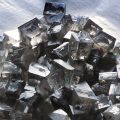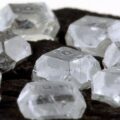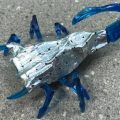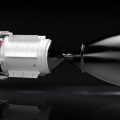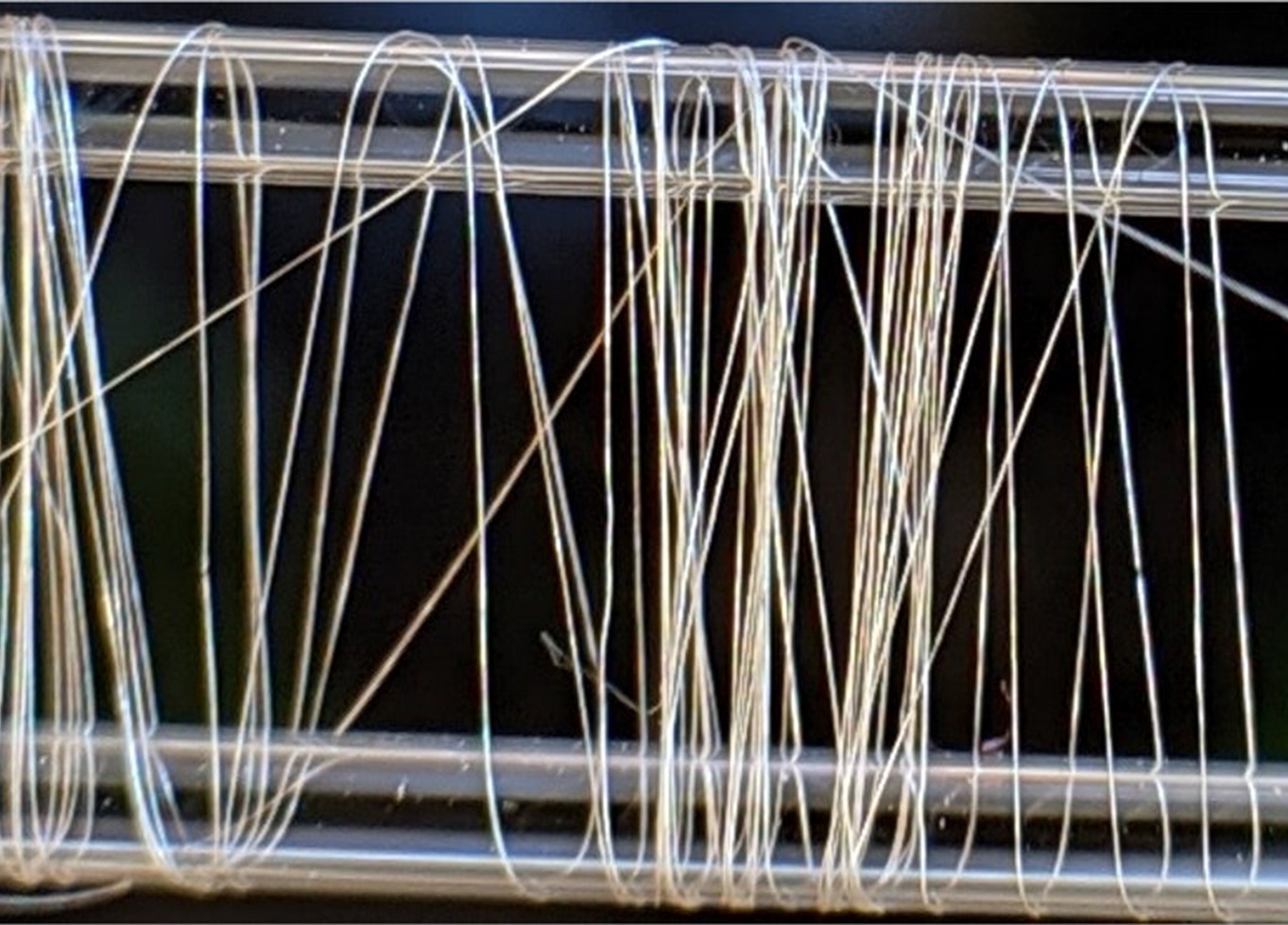
Researchers have developed a technology for the production of a super-strong artificial web from polymeric amyloid proteins with 128 repeated amino acid sequences.
The fiber created by spiders has many β-nanocrystals, a key component of the web, which gives it strength and rigidity.They are formed as a result of the twisting of proteins, and it is difficult to achieve the desired frequency of their formation artificially.However, scientists at Washington University in St. Louis have found a way to solve this problem.
After a series of unsuccessfulattempts to recombine the synthetic web froma modified amino acid sequence of proteins, which gives fiber new properties while maintaining the main original benefits, the team decided to use genetically modified bacteria to produce it.
With the help of microorganisms, they obtained a hybrid polymeric amyloid protein with 128 repeating amino acid sequences. Such fibers havegigapascal strength (a measure of the force required to break a material of a fixed diameter), superior to steel and Kevlar.They are even stronger and stiffer than some natural spider webs.
We also previously reported on the development of the world's first material that cannot be cut or drilled.
</p>